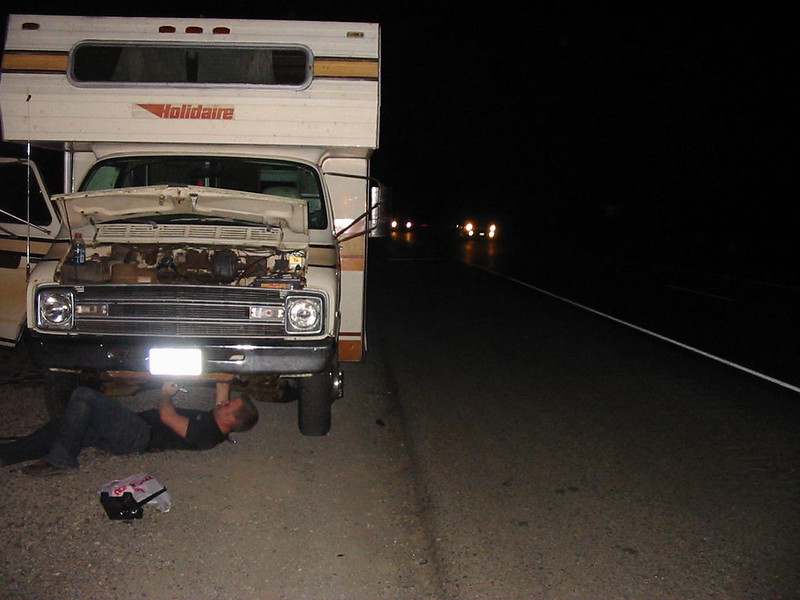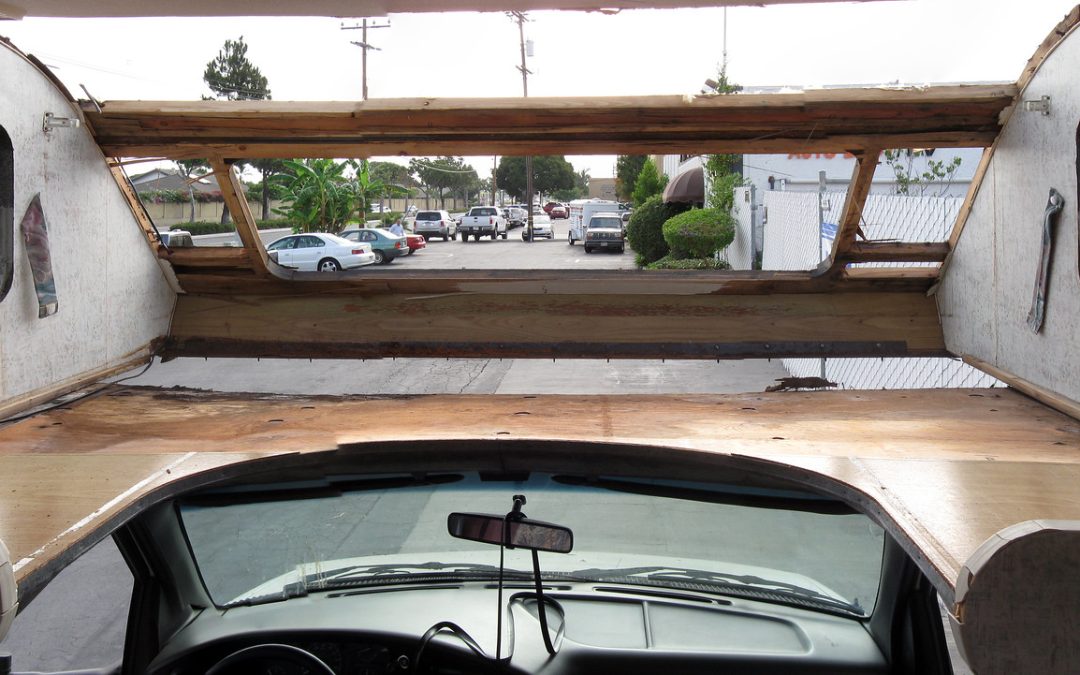As a recreational vehicle (RV) owner, you know that your vehicle is more than just a means of transportation. It is a home on wheels that requires proper care and maintenance to keep it in top condition. Neglecting routine maintenance and failing to address common issues can lead to expensive repairs and even total breakdowns. In this guide, we will cover everything you need to know about RV maintenance and repairs, including common issues and how to fix them, DIY repairs, and maintenance schedules.
A. Explanation of what an RV is
An RV is a motorized or towable vehicle that is designed for both transportation and living accommodations. It can range in size from a small camper van to a large, luxurious motorhome.
B. Importance of regular maintenance
Regular maintenance is essential for the longevity and safety of your RV. Neglecting routine maintenance can lead to expensive repairs and even total breakdowns that can ruin your travel plans.
C. Overview of common issues
Common issues in an RV can vary from electrical system failures to plumbing system leaks. It’s important to address these issues as soon as possible to prevent further damage.

Common RV Maintenance Issues and How to Fix Them
A. Electrical system
Dead battery
A dead battery can be caused by leaving lights or other electrical devices on for too long without the engine running. To fix this issue, charge the battery or jump-start the RV.
Power surge
A power surge can damage the electrical system in your RV. To fix this issue, unplug all electrical devices and reset the breaker.
Faulty wiring
Faulty wiring can lead to electrical system failures. To fix this issue, inspect and repair any damaged wiring or hire a professional to do it for you.
B. Plumbing system
Leaking pipes
Leaking pipes can cause water damage and mold growth in your RV. To fix this issue, locate and repair the leak or hire a professional to do it for you.
Water pump issues
A malfunctioning water pump can cause a lack of water pressure in your RV. To fix this issue, inspect and repair or replace the water pump.
Clogged drains
Clogged drains can cause backups and unpleasant smells in your RV. To fix this issue, use a drain cleaner or snake to remove the blockage.
C. HVAC system
Air conditioning failure
Air conditioning failure can make your RV uncomfortable during hot weather. To fix this issue, inspect and repair or replace the air conditioning unit.
Heating system issues
Heating system issues can make your RV uncomfortable during cold weather. To fix this issue, inspect and repair or replace the heating system.
D. Exterior maintenance
Roof damage
Roof damage can cause water leaks and mold growth in your RV. To fix this issue, inspect and repair any damage or hire a professional to do it for you.
Tire wear and tear
Tire wear and tear can lead to blowouts while driving. To fix this issue, inspect and replace worn tires regularly.
Body damage
Body damage can lead to water leaks and other issues. To fix this issue, inspect and repair any damage or hire a professional to do it for you.
DIY Repairs
A. Essential tools and equipment
Essential tools and equipment for DIY RV repairs include a set of wrenches, screwdrivers, pliers, a multimeter, a socket set, and a duct tape.
B. Simple RV repairs you can do yourself
Replacing fuses
Replacing fuses is a simple and common repair. Locate the blown fuse and replace it with a new one of the same amperage.
Cleaning air filters
Cleaning air filters can improve the performance of your RV.
Fixing leaky faucets
Fixing leaky faucets is a common plumbing repair. Turn off the water supply, remove the faucet handle, and replace the worn washer or O-ring.
C. Safety precautions to take when doing DIY repairs
When doing DIY repairs on your RV, it’s important to take safety precautions such as wearing protective gear, turning off the power supply, and working in a well-lit and ventilated area.
RV Maintenance Schedules
A. Overview of RV maintenance schedules
RV maintenance schedules can vary based on the type of RV and usage. However, it’s recommended to perform routine maintenance tasks and seasonal maintenance tasks to keep your RV in top condition.
B. Routine maintenance tasks
Routine maintenance tasks include checking and replacing filters, inspecting and lubricating moving parts, checking and replacing fluids, and testing the electrical system.
C. Seasonal maintenance tasks
Seasonal maintenance tasks include checking and cleaning the roof, inspecting and cleaning the exterior, testing and maintaining the HVAC system, and preparing the RV for winter storage.
D. Tips for keeping track of maintenance schedules
To keep track of maintenance schedules, create a maintenance checklist and calendar, and set reminders for routine and seasonal maintenance tasks.
RV Maintenance FAQs
A. How often should I change my RV’s oil?
The oil in an RV should be changed every 3,000 to 5,000 miles or every six months, whichever comes first.
B. How do I winterize my RV?
To winterize an RV, drain and flush the water system, add antifreeze, remove batteries and propane tanks, and cover the RV.
C. How do I maintain my RV’s tires?
To maintain RV tires, check the tire pressure regularly, inspect the tires for wear and damage, and rotate the tires every 5,000 to 7,000 miles.
D. What should I do if my RV’s battery dies?
If your RV’s battery dies, jump-start the battery or replace it with a new one.
E. What is the best way to clean my RV’s roof?
To clean an RV’s roof, use a gentle cleaner and a soft-bristled brush or sponge, and rinse thoroughly with water.
F. Can I do my RV’s maintenance myself or should I hire a professional?
You can do some of your RV’s maintenance yourself, but it’s recommended to hire a professional for complex or dangerous repairs.
G. How often should I have my RV’s brakes inspected?
RV brakes should be inspected every 12 months or 12,000 miles, whichever comes first.
H. What are some common causes of water leaks in an RV?
Common causes of water leaks in an RV include damaged roof seals, cracked or damaged plumbing, and worn or damaged window seals.
I. How do I troubleshoot electrical issues in my RV?
To troubleshoot electrical issues in your RV, check the circuit breakers, fuses, and wiring, and inspect and repair or replace any damaged components.
Conclusion
In conclusion, regular maintenance and care are essential for the longevity and safety of your RV. By addressing common issues and performing routine and seasonal maintenance tasks, you can prevent expensive repairs and ensure a comfortable and enjoyable travel experience. Remember to take safety precautions when doing DIY repairs and keep track of maintenance schedules to stay on top of RV maintenance.
Thank you for reading this comprehensive guide on RV maintenance and repairs. We hope that you found it informative and helpful in maintaining your RV. If you have any further questions or concerns, feel free to reach out to us.
Featured Image by Mitch Barrie via flickr

